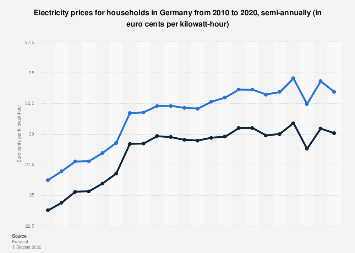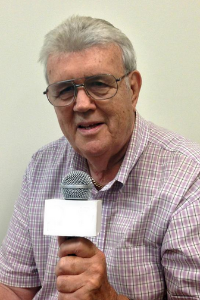
Discount Energy Market for the piece of consuming productively
A discount power market, likewise power trade or PX, is a framework empowering buys, through offers to purchase; deals, through offers to sell. Offers and offers use market interest standards to set the cost. Long haul contracts are like power buy arrangements and by and large, viewed as confidential respective exchanges between counterparties. A markdown power market exists while fighting generators offer their Power to Choose results to retailers. The retailers then re-esteem the power and take it to publicize. While rebate esteeming used to be the world-class space of immense retail suppliers, continuous exhibits like New England are beginning to open up to end clients. Huge end-clients trying to remove superfluous above in their energy costs are starting to perceive the benefits inborn in such a buying move. Purchasers purchasing power straightforwardly from generators is a moderately late peculiarity.
Financial Effect

Purchasing discount power isn’t without its downsides (market vulnerability, participation costs, set-up charges, security venture, and association costs, as power, would be purchased consistently), nonetheless, the bigger the end client’s electrical burden, the more prominent the advantage and motivation to do the switch. For a financially effective power discount market to thrive, it is fundamental that various rules are met, specifically the presence of an organized spot market that has “bid-based, security-compelled, monetary dispatch with nodal costs”. These standards have been generally taken on in the US, Australia, New Zealand, and Singapore. Markets for power-related wares required and overseen by (and paid for by) market administrators to guarantee dependability, are viewed as subordinate administrations and incorporate such names as turning hold, non-turning save, working stores, responsive save, guideline up, guideline down, and introduced limit.
Development of a liberated market
Chile had turned into a trailblazer in liberation in the mid-1980s (the law of 1982 had classified the progressions that were begun in 1979). A couple of years after the fact a new market way to deal with power was planned in the US, promoted in the compelling work by Joskow and Schmalensee. Simultaneously in the UK, the Energy Demonstration of 1983 made arrangements for normal carriage in the power organizations, empowering a decision of provider for power sheets and extremely enormous clients (closely resembling “wheeling” in the US).
Customary Market
After its initial not many long stretches of presence, the power supply industry was managed by different degrees of government. By the 1950s, a wide assortment of game plans had developed with significant contrasts among nations and even at the provincial level, for instance:
- France, Italy, the Republic of Ireland, and Greece had cross-country government-possessed upward-incorporated organizations; The Unified Realm had an administration possessed age and transmission (Focal Power Creating Board), yet the dispersion was decentralized in 14 power sheets;
- Germany consolidated the modest number of territorial coordinated age and transmission organizations with civil dissemination; Japan had 10 provincials in an upward direction coordinated imposing business models; Norway’s power supply was for the most part at the degree of districts;
- In the US, a perplexing blend of organizations possessed either secretly or by shifting degrees of government, developed, while the guideline leaned toward metropolitan level and center proprietorship. For instance, Hawaii had just exclusive utilities, Nebraska just openly claimed ones, the Tennessee Valley Authority (the biggest age organization) is governmentally possessed, and the Los Angeles Division of Water and Power is city-claimed.




